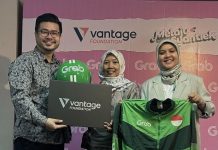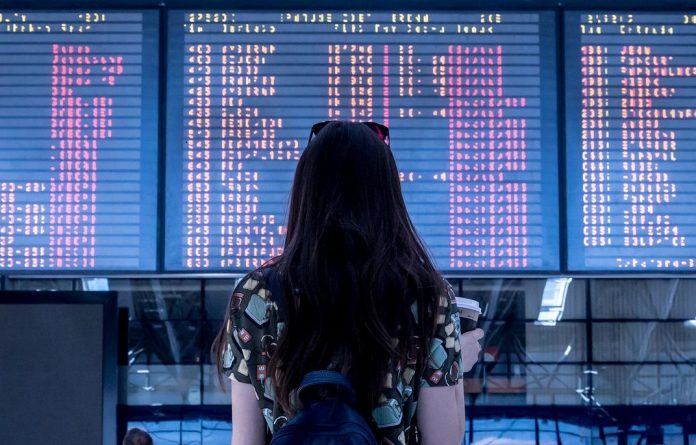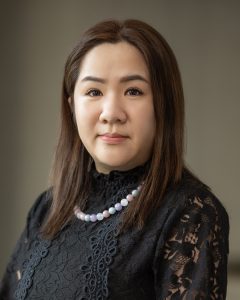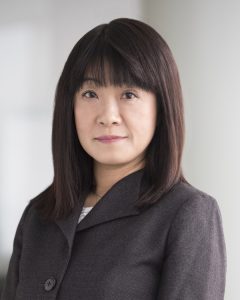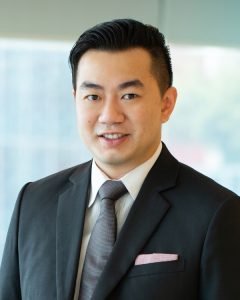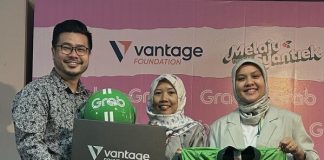In the ever-shifting COVID-19 landscape, multinational employers face many questions, challenges, and opportunities when considering how to resume global business travel. Global law firm Morgan Lewis’ global employment and global immigration team provides an overview of immigration-related developments that impact business travel to and from China, Hong Kong, Singapore, and Japan.
China
After two years, China is currently experiencing some of its most severe restrictions on movement and travel within the country. The majority of the City of Shanghai, and particularly the more central districts, remain under lockdown as of this writing, with very few residents permitted to leave the confines of their homes. For those who are able to exit their homes, most are restricted to the grounds of their apartment or housing complexes, and frequent PCR testing is still prevalent. Supply chains are improving, and different neighbourhoods have set “silent periods” restricting all deliveries for set periods of time to ensure there would not be further transmission through this channel of contact. From a logistical standpoint, given lockdowns and restricted movements, local consulates are required to assist with travel arrangements for their respective nationals who seek to leave the country.
For those planning to travel to China, testing requirements for entry depend on the country of origin. Most notably, the Chinese government has relaxed the restrictions for travellers from the United States, by removing the 7-day pre-departure quarantine requirement and S or N protein IgM antibody test for passengers vaccinated with non-inactivated vaccines and unvaccinated passengers. Rather, two PCR tests in different designated test institutions within 48 hours and one antigen test 12 hours before boarding are now required. (The second PCR test is required within 24 hours before boarding and the San Francisco consulate requires two PCR test within 24 hours). And the traveller must obtain the “blue code” from the local Chinese embassy or consulate in the US. In some other countries the individual must also obtain a “Green” Health Code from a local embassy or consulate. It is worth noting that for those who have a COVID-19 infection history it can be challenging to obtain the “Green” Health Code, and it will generally not be issued if the travel is not considered to be necessary or urgent.
Quarantining pilot
There is currently a pilot programme in place to reduce the quarantine period from 14 to 10 days for incoming travellers and close contacts of COVID-19 cases. It is limited to a handful of cities including Shanghai, Ningbo, Suzhou, Guangzhou, Xiamen, Chengdu, Dalian and Qingdao. Some provinces are, however, more restrictive and require additional requirements, such as Beijing. Currently, international travellers wishing to visit Beijing must generally quarantine for 21 days and produce a negative COVID test within 48 hours of arriving in Beijing, and once in Beijing, they must present another negative COVID test within 24-48 hours, depending on the local neighbourhood committee requirements, and may not visit public places, including office buildings, for an additional 7 days
Hong Kong
In Hong Kong there has been a gradual decrease in social distancing measures with schools recently resuming in-person activity. As of May 1, 2022, all fully vaccinated travellers may enter Hong Kong, regardless of whether they are Hong Kong residents or foreigners. Those who are not vaccinated can enter Hong Kong if they have only stayed in Mainland China, Macao or Taiwan.
For travellers from Mainland China, Macao and Taiwan, there is a 14-day quarantine requirement at personal accommodation or a combination with self health monitoring dependant on vaccination status. Outside those jurisdictions there is a 14-day quarantine required at a designated quarantine hotel, with the possibility to opt to split this as seven days at the hotel and seven days self health monitoring.
Visa requirement and vaccination developments
The Immigration Department recently relaxed its visa extension policy whereby they can be conducted overseas, if they satisfy relevant requirements. There is also a new vaccination mandate from June, when a fully vaccinated status will be three doses, as opposed to two.
Singapore
Singapore is amidst its lifting of most restrictions in terms of social distancing and travel. While individuals are still required to wear masks indoors, there is no requirement for the same while outdoors, and the requirements for mandatory “contact tracing” have been relaxed.
On the immigration and travel front, currently there are no countries in the “Restricted Category” list for travel, however various pre-departure and post-arrival testing and quarantine regimen will remain in place for non-vaccinated travellers.
Generally those who are fully vaccinated are able to enter Singapore without pre-departure testing and without any quarantine requirements on arrival. Fully vaccinated travellers are deemed to be those that have either received the full regimen of WHO Emergency Use Listing Procedure (EUL) Vaccines and met the minimum dose interval period; or contracted COVID-19 before being vaccinated and received at least one dose of any WHO EUL Vaccine at least 28 days from their first diagnosis of a COVID-19 infection. In the latter case, travellers must produce acceptable proof of their first positive COVID-19 diagnosis.
Those who are not fully vaccinated should test within two days of travel and remain at home for seven days on arrival with a negative test at the end of the 7 days.
While there has been a general opening for international travellers, the same cannot be said of immigration. Increasingly, Singapore’s immigration policies have become focused on establishing and supporting a “Singapore Core” which consist of citizens and permanent residents. Changes to jobs advertising requirements, a need to establish an ability to financially support the hire and to qualifying salaries in the past year have further tightened the immigration flow into Singapore. This is not expected to change in the coming 12 to 18 months.
Upcoming changes to the Employment Pass framework
From September 1, 2022, the minimum salary qualification for all new applications for Employment Passes (EPs), which allow non-Singaporean professionals, managers and executives to work in Singapore, will be raised from S$4,500 to S$5,000. In addition, effective September 1, 2023, a new points-based framework (the COMPASS scheme) will be in place to determine the success of EP applications.
Japan
Currently all travellers, including Japanese nationals, who are entering Japan are in principle required to obtain a suitable (negative) Certificate of Testing for COVID-19 within 72 hours prior to departure and take a Test for COVID-19 at an airport.. Quarantine requirements apply, either at a designated location or home for up to seven days, dependant on an individual’s vaccination status and countries or areas where the traveller comes from. If travellers wish to avoid or shorten their quarantine period, travellers are required to present a certificate of vaccination to state the required vaccination status.
Business travel
Since March 1, 2022, foreign nationals who (a) come to Japan for a short-term stay for business or working, or (b) come to Japan for a long-term stay have been permitted entry to Japan if, except in cases of re-entry, a sponsor company completes the Ministry of Health, Labour and Welfare (MHLW’s) Entrants, Returnees Follow-up System (ERFS) registration, and a Japanese visa is issued for such foreign nationals through a Japanese consulate. For a long-term stay, foreign nationals must also obtain a Certificate of Eligibility at a regional immigration bureau for their visa application.
The future
Business travel throughout Asia remains a fast moving space with changes dependant on the current state of the COVID-19 virus. Businesses considering travel should plan ahead if travel to these jurisdictions is required to ensure the myriad of requirements are met.
By partners Lesli Ligorner, Vivien Yu, and Tomoko Fuminaga, and associate Jonathan Tang (pictures below) in Morgan Lewis’s global employment and immigration practice
*This article is correct as at 19 May 2022







